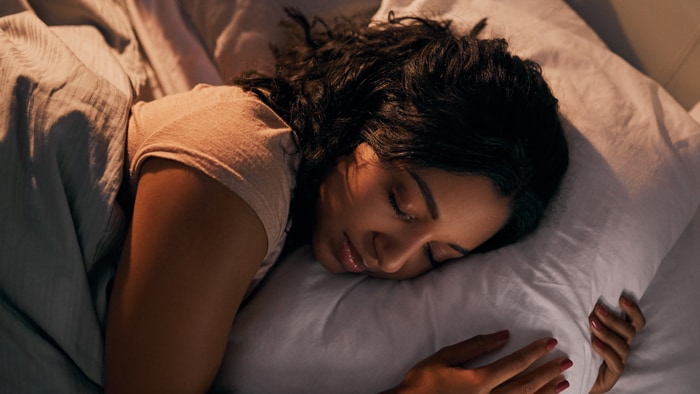Sleep apnea in older patients
By Marygrace Taylor Sleep apnea can occur at any age, but adults older than 60 years have a significantly higher risk for developing the disease. Here’s why, plus the important symptoms caregivers should watch for. As the body ages, weakening muscles and a more collapsible airway make nighttime snoring—and sleep apnea—more common. “Also, the reflexes between the brain and the upper airway aren’t quite as rapid and effective as they once were,” said Dr. Robert S. Rosenberg, medical director of The Sleep Disorders Center in Prescott Valley and Flagstaff, Ariz. Age-related weight gain can be another culprit. Plus, older adults tend to be lighter sleepers, and sleep-disordered breathing occurs slightly more often in those who snooze less deeply, Rosenberg said. When left undiagnosed, sleep apnea can increase the risk for stroke, heart disease and high blood pressure, as well as accidents or falls. “People over age 60 with sleep apnea also have a higher incidence of sudden cardiac arrest,” Rosenberg said. For these reasons, it’s especially important for caregivers to be on the lookout for sleep apnea in older patients. Here, symptoms to look for: · Loud or excessive snoring · Complaints of having difficulty sleeping, or waking frequently throughout the night (often accompanied by shortness of breath) · Excessive daytime sleepiness or napping · Attention problems, or sudden moodiness or irritability · A rapid decline in cognitive function. “Often, when we monitor patients who appear to have early dementia, we find they have sleep apnea,” Rosenberg said. · Complaints of waking up with a headache, dry mouth or sore throat · Blood pressure that’s difficult to control. Patients who need three or more blood pressure medications often have sleep apnea, according to research published in the journal Sleep. If you notice these symptoms in an older adult, talk to his or her physician, who may be able to make a diagnosis based on the signs and symptoms the patient describes, or might refer the patient to a sleep evaluation center for further testing.



